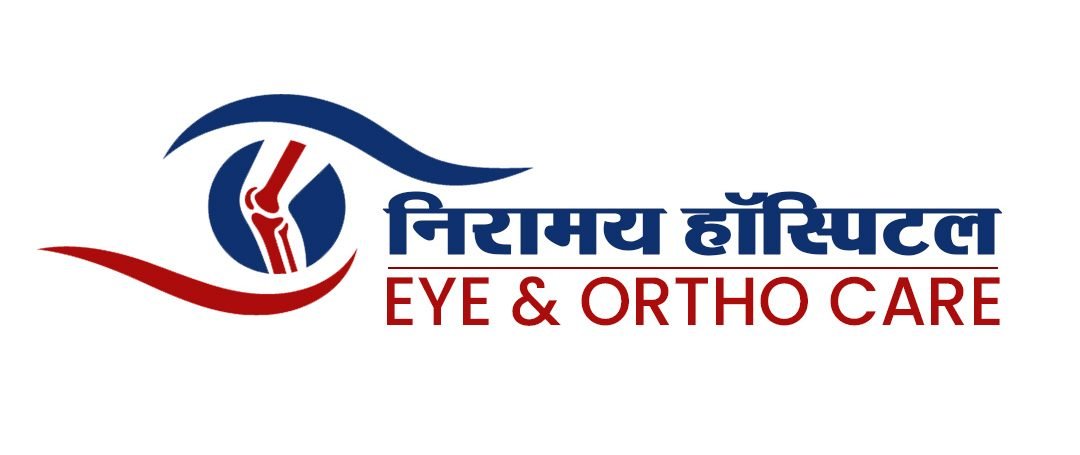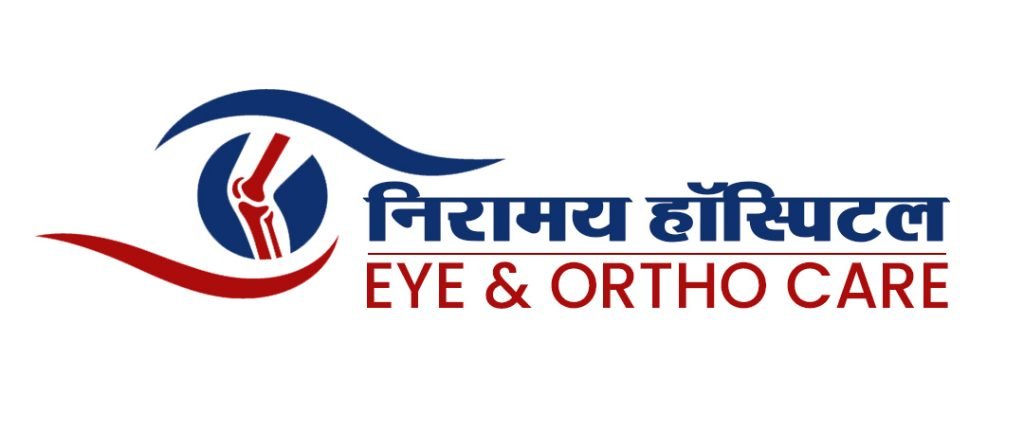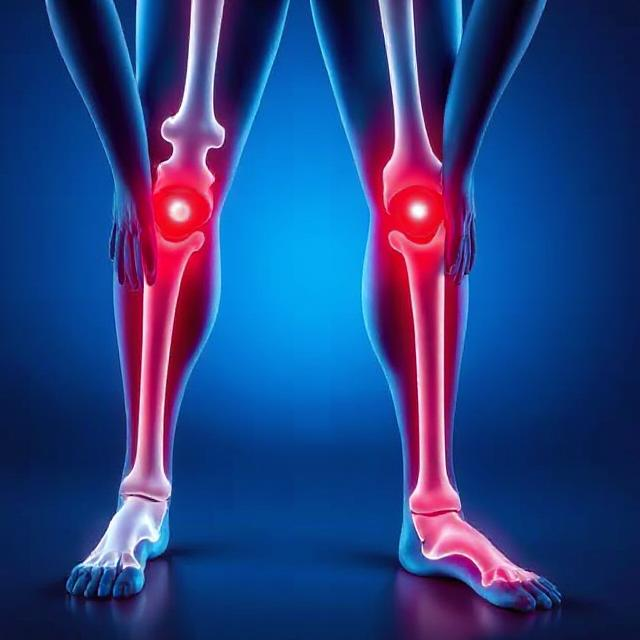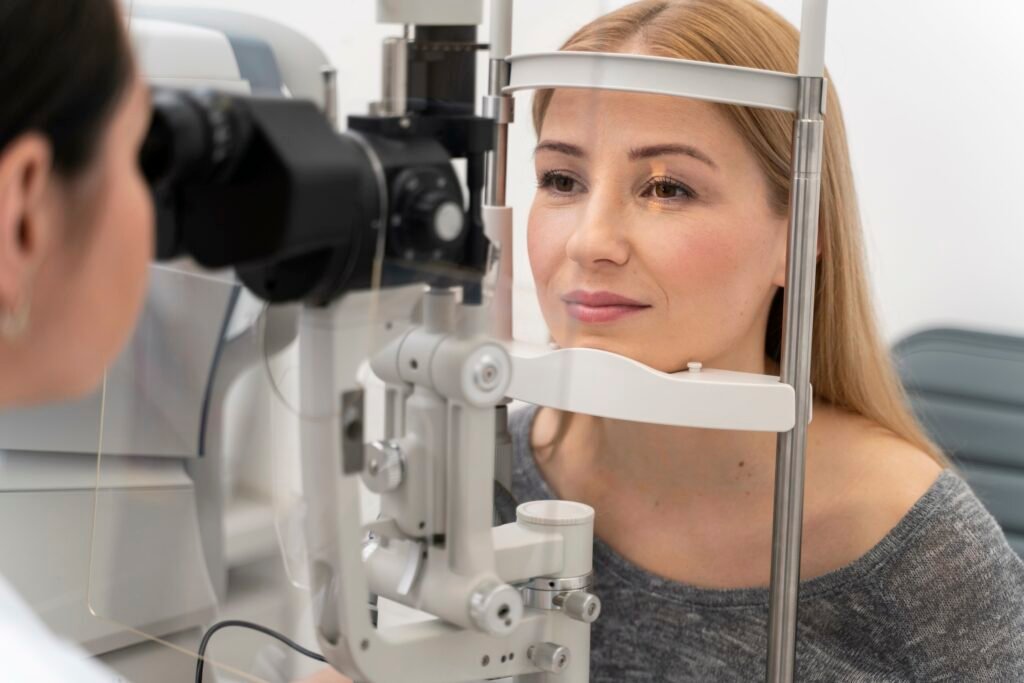Frequent muscle cramps can be more than just a minor inconvenience—they might signal an underlying joint disorder. Many people dismiss cramps as a result of dehydration or fatigue, but persistent cramps can indicate issues like arthritis, osteoporosis, or nerve-related conditions. This blog will explore the connection between cramps and joint health, offering insights into prevention and treatment options.
Understanding Joint Disorders and Muscle Cramps
How Are Joint Disorders Linked to Muscle Cramps?
Joint disorders such as arthritis, osteoarthritis, and rheumatoid arthritis can cause muscle cramps due to inflammation and restricted blood flow. When the joints are affected, the surrounding muscles often overcompensate, leading to spasms and discomfort.
Common Causes of Muscle Cramps Related to Joint Problems
- Arthritis: Inflammation in joints can lead to muscle fatigue and spasms.
- Osteoarthritis: As cartilage wears down, joints become stiff, forcing muscles to work harder.
- Nerve Compression: Conditions like sciatica or herniated discs can trigger cramps in the legs.
- Electrolyte Imbalance: Poor joint health may affect overall mobility, leading to reduced activity and potential deficiencies in minerals like potassium and magnesium.
How to Prevent and Manage Muscle Cramps Due to Joint Disorders
1. Maintain Proper Hydration
Dehydration can contribute to muscle cramps. Drinking plenty of water and electrolyte-rich fluids can help keep muscles relaxed and functioning properly.
2. Strengthen Muscles and Joints Through Exercise
Low-impact exercises such as swimming, cycling, and yoga can improve joint stability and prevent excessive muscle strain. Stretching exercises also enhance flexibility and reduce the likelihood of cramps.
3. Optimize Your Diet for Joint Health
Eating a diet rich in anti-inflammatory foods like leafy greens, fatty fish, and nuts can support joint function and muscle recovery. Calcium and vitamin D are essential for strong bones and preventing cramps.
4. Consider Physical Therapy and Medical Consultation
A qualified orthopedic in Kota can assess your condition and recommend therapies such as physical therapy, braces, or even surgical interventions if necessary.
When to See an Orthopedic Specialist
If you experience persistent muscle cramps along with joint pain, stiffness, or swelling, it’s crucial to consult a bone specialist in Kota. Early diagnosis and treatment can prevent further complications and improve your quality of life.
Conclusion
Frequent muscle cramps should not be ignored, as they could be a warning sign of an underlying joint disorder. By maintaining a healthy lifestyle, staying active, and seeking professional help when needed, you can safeguard your joint health and overall well-being. If you’re struggling with joint pain or muscle cramps, reach out to the best orthopedic doctor in Kota, Rajasthan, for expert care and guidance.
For more information on orthopedic health, visit Jain Ortho Vision today!









